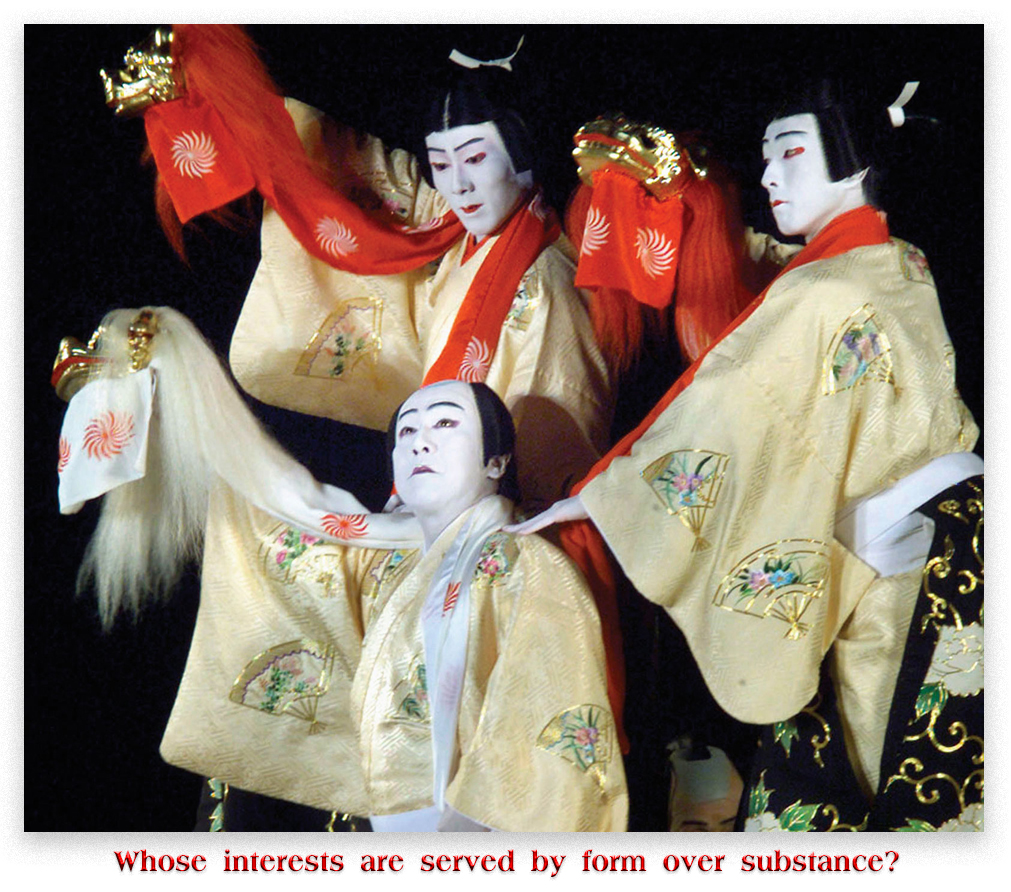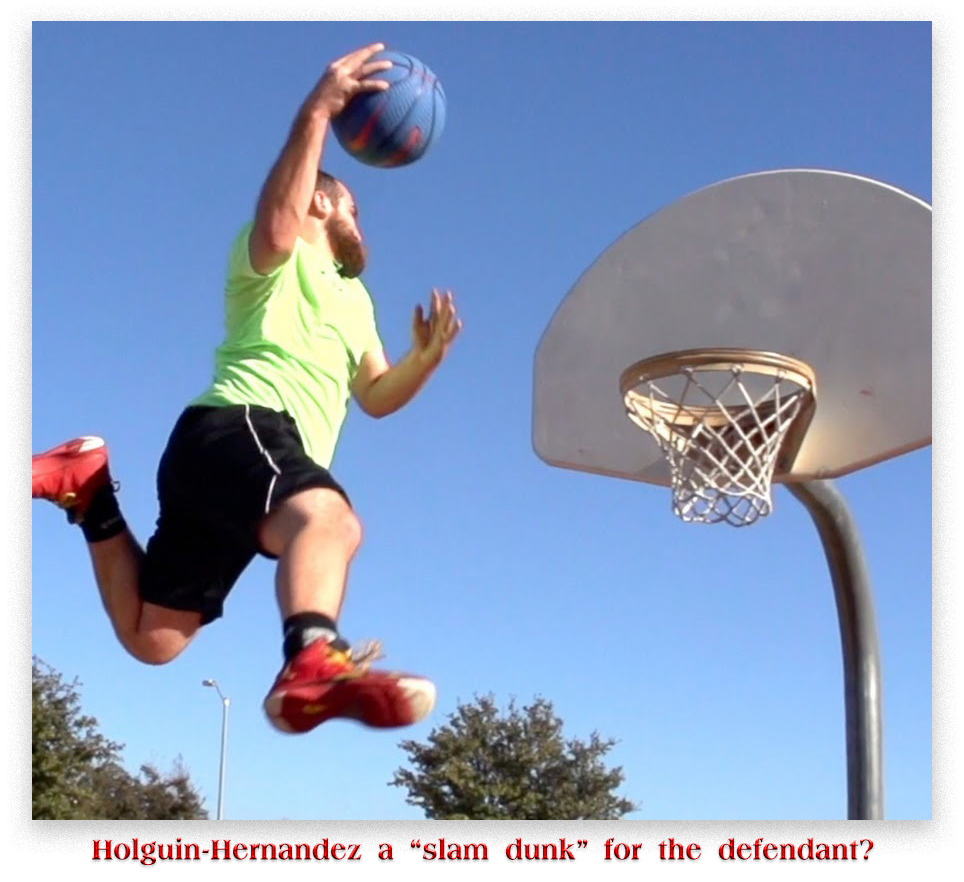We post news and comment on federal criminal justice issues, focused primarily on trial and post-conviction matters, legislative initiatives, and sentencing issues.

INTERESTING TIMES AT SUPREME COURT
 Banister: The Supreme Court last week heard oral arguments in Banister v. Davis, the case that asks whether a motion to amend a judgment denying a 28 USC § 2255 motion under F.R.Civ.P. 59(e) constitutes a second-or-successive § 2255 for which prior permission from the court of appeals is necessary under 28 USC § 2244.
Banister: The Supreme Court last week heard oral arguments in Banister v. Davis, the case that asks whether a motion to amend a judgment denying a 28 USC § 2255 motion under F.R.Civ.P. 59(e) constitutes a second-or-successive § 2255 for which prior permission from the court of appeals is necessary under 28 USC § 2244.
Since the 2005 Gonzalez v. Crosby decision, a F.R.Civ.P. 60(b) motion to set aside a § 2255 judgment has almost always been considered a second-or-successive § 2255 motion for which prior permission from the court of appeals is necessary. In the last few years, some courts of appeal have also held that even the lowly F.R.Civ.P. 59(e) motion to amend a judgment denying a § 2255 motion, which postpones the deadline for filing a notice of appeal, is a second-or-successive § 2255.
This has created a conundrum for § 2255 movants. If you file a Rule 59(e) motion in a § 2255 case, it delays your deadline for appealing. But if the court treats the 59(e) as a second-or-successive § 2255, it will not delay the appeal deadline. Often, by the time you find out the court is treating it as a second-or-successive, your appeal deadline will likely have passed.
By the end of last week’s argument session, there appeared to be at least six votes for the conclusion that prisoner Greg Banister’s Rule 59(e) motion was not a “second-or-successive” habeas petition. And although that result may not ultimately change the outcome of Greg’s quest for collateral post-conviction relief, it would avoid a significant narrowing of appeal rights for federal post-conviction relief.
Holguin-Hernandez: When a defendant asks for a lower sentence than the judge ultimately imposes, does the defendant have to object to the judge’s sentence after it is announced in order to preserve the issue for appellate review?
 It always seemed foolish to me that after vigorously arguing a sentencing issue, only to have the court rule against you, you were compelled to renew your objection after the sentence was imposed. It was sort of kabuki theater that served no purpose other than to create a procedural trap for appellants whose trial lawyers had missed making the magical incantation. F.R.Crim.P. 52(b) provides that an error not brought to the trial court’s attention may be reviewed only for “plain error.” On the other hand, Rule 51(b) explains that a “party may preserve a claim of error by informing the court – when the court ruling is made or sought – of the action the party wishes the court to take.”
It always seemed foolish to me that after vigorously arguing a sentencing issue, only to have the court rule against you, you were compelled to renew your objection after the sentence was imposed. It was sort of kabuki theater that served no purpose other than to create a procedural trap for appellants whose trial lawyers had missed making the magical incantation. F.R.Crim.P. 52(b) provides that an error not brought to the trial court’s attention may be reviewed only for “plain error.” On the other hand, Rule 51(b) explains that a “party may preserve a claim of error by informing the court – when the court ruling is made or sought – of the action the party wishes the court to take.”
Yesterday, the Supreme Court heard argument in Holguin-Hernandez v. United States to resolve a circuit split about exactly how these two rules play out against each other in federal sentencings. Holguin-Hernandez raised several claims under 18 USC § 3553(a) at sentencing, and then then appealed his additional 12-month sentence, arguing that it was unreasonable because it was “greater than necessary to effectuate the sentencing goals of … § 3553(a).” But the 5th Circuit held that because Mr. Holguin-Hernandez “failed to raise his challenges in the district court, our review is for plain error only.”
This might look like simple clear error. After all, Mr. Holguin-Hernandez surely did “raise his challenges” below – the court noted that “there is a circuit split” on the appropriate standard of review. In fact, the 5th Circuit has applied the rule that a defendant must register an objection to a sentence after it is imposed since its 2007 decision in United States v. Peltier.
Arguing for Mr. Holguin-Hernandez, attorney Kendall Turner agreed with my view (not that she cited me or anything, but any time a Supreme Court litigator and I make the same cogent argument, I feel good). She pointed out that Rule 51 plainly “tells parties how to preserve claims of error for appeal,” and “[t]here’s no need to tell the court twice.” There is no “practical merit” to a requirement that the defendant must again say “I object,” and, as Turner noted in rebuttal, the “[n]ine courts of appeals” that do not require a repeated objection “show that the Fifth Circuit’s rule is not necessary to the effective functioning of courts.” She emphasized the government’s agreement with this view, and said that the amicus was “tr[ying] to defend the judgment below on alternative grounds” – grounds that Justice Elena Kagan later pointed out are not “what the question presented is.”
 Post-argument commentators suggest the outcome is pretty cut-and-dried. The issue is not whether Mr. Holguin-Hernandez will carry the day, but rather – as Justice Sotomayor asked – how the Court will write its opinion to provide clear guidance to litigants.
Post-argument commentators suggest the outcome is pretty cut-and-dried. The issue is not whether Mr. Holguin-Hernandez will carry the day, but rather – as Justice Sotomayor asked – how the Court will write its opinion to provide clear guidance to litigants.
Mojica: I am watching a petition for certiorari that is getting some traction. By now, it is clear that a conspiracy to commit a violent crime is not does not support an 18 USC § 924(c) conviction for use of a gun in a crime of violence. Post-conviction attorney Brandon Sample has filed a petition for certiorari arguing that the Supreme Court should resolve the question of whether aiding and abetting a crime of violence, which can be done without committing an act of violence, will support an 18 USC § 924 conviction.
This case has consequences for the crime of attempting to commit a crime of violence as well, and seems to be a logical extension of the implicit United States v. Davis holding last June that a conspiracy to commit a violent crime is not itself violent.
SCOTUSBlog, Argument analysis: Justices seem likely to side with Texas prisoner in important habeas case (Dec. 6)
SCOTUSBlog, Argument preview: Court likely to rule that a defendant preserves appellate challenge to length of sentence merely by arguing for lower one, but precise wording of opinion will be important (Dec. 11)
Mojica v. United States, Case No. 19-35 (Pet. for Certiorari, filed July 2, 2019)
– Thomas L. Root

